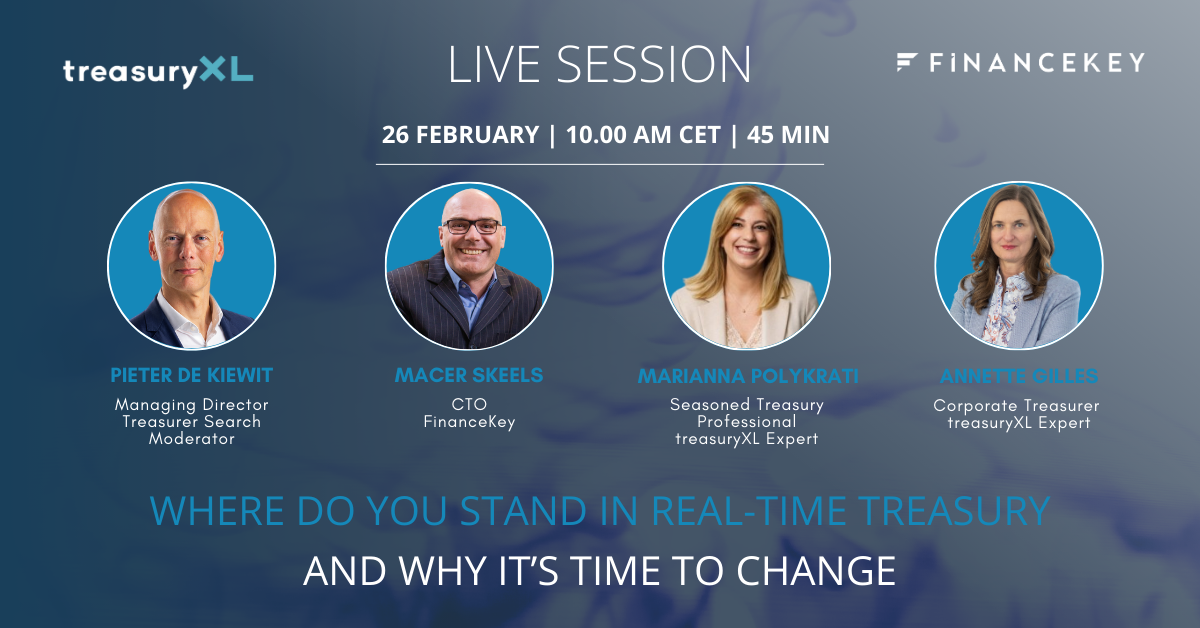What does the hiring manager know about treasury?
| 23-05-2019 | by Pieter de Kiewit |
Among corporate treasurers IPOs are always the icing on the cake and I have followed Adyen going public. Very interesting is that besides the obvious reasons like increased investments, money for the founders and employees dealing with their stock options, the strategic partners and clients play a role. Clients like eBay and Uber apparently work better together with a listed Adyen. Food for thought….
What does the hiring manager know about treasury?
At least half of our recruitment assignments starts with a message from our client like this: “we have this treasurer, I do not understand what he does but he is leaving. Can you help?”. Of course music to our ears, happy to help. In recruitment for permanent positions HR is involved, very often they also contribute in interim assignments. HR not knowing in detail about treasury is understandable. Especially when the candidate we search does not report into a senior treasurer but, for instance, a CFO, we also encounter a lack of knowledge in treasury with the hiring manager. Is this a problem and if so, how can this be solved?
You might have seen we contribute in the build-up of the Treasurer Test. One of the groups of people we asked to do the test are “financials, not being treasurers”. Their measurered lack of knowledge and interest in the field is obvious. This is of course not a surprise. Treasurers are, amongst others, responsible for funding, payments, management of currency and interest risk. Important enough for the continuation of the existence of an organisation. How can we prevent this important job lands with the wrong person? Some ideas:
- A track record as shown in a cv is of course a first obvious. A candidate might be too positive about accomplishments, this can be screened by checking references. Screening CVs without knowledge about treasury might be daunting. Simply key word comparison will not work;
- Worldwide there are only a few universities that pay attention to corporate treasury. Measuring knowledge through academic qualifications is smart (Register Treasurer, CTP, ACT are the most obvious). Currently less then 20% of the corporate treasury population holds such a degree;
- The aforementioned Treasurer Test will be launched shortly presents skill level and personality and compares with peers;
- Including knowledgeable experts in the recruitment process will help. We of course are available. Alternatively involving a specialized treasury consultant in the screening process might also work.
I hope you will be able to find the right next treasury team member, secure business continuity and feel confident with your recruitment decision with the above list. We are available to brainstorm and support.
Pieter de Kiewit
Owner Treasurer Search









